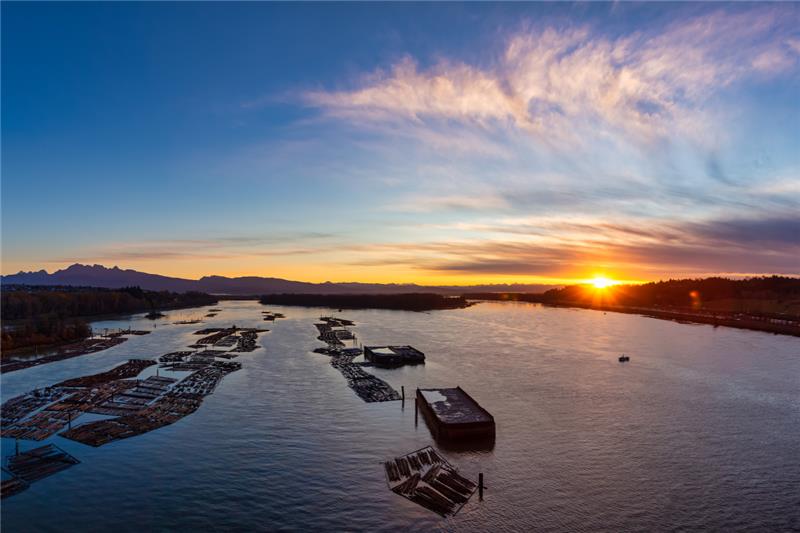B.C. Supreme Court recognizes Cowichan Aboriginal title in landmark ruling

On August 7, 2025, the British Columbia Supreme Court issued its long-awaited decision in Cowichan Tribes v. Canada (Attorney General), 2025 BCSC 1490. The Court recognized the Cowichan Nation’s Aboriginal title to part of the Fraser River’s south arm and affirmed its constitutional right to fish in those waters for food.
The trial, which spanned 513 days over five years, was described as the longest in Canada’s history. The 863-page judgment will have wide-reaching legal implications.
Background
The plaintiffs – Cowichan Tribes, Stz’uminus First Nation, Penelakut Tribe, Halalt First Nation and several individual leaders – brought the action on behalf of themselves and all descendants of the historic Cowichan Nation. They sought declarations of Aboriginal title over approximately 1,846 acres on Lulu Island (now part of the City of Richmond, B.C.), including submerged lands in the Fraser River, and an Aboriginal right to fish for food on the river’s south arm.
Six defendants opposed the claim, including the federal and provincial governments, the Vancouver Fraser Port Authority (VFPA), the City of Richmond, the Musqueam Indian Band and the Tsawwassen First Nation.
The Court’s findings
Justice Young made the following six declarations:
- The Cowichan have Aboriginal title to the Cowichan Title Lands within the meaning of s. 35(1) of the Constitution Act, 1982;
- The Crown grants of fee simple interest in the Cowichan Title Lands, and the Crown vesting of the soil and freehold interest in certain highway lands in the Cowichan Title Lands, unjustifiably infringe the Cowichan’s Aboriginal title;
- Except for Canada’s fee simple titles and interests in certain lands (the “Vancouver Airport Fuel Delivery Project Lands”), Canada and Richmond’s fee simple titles and interests in the Cowichan Title Lands are defective and invalid;
- With respect to the Cowichan Title Lands, Canada owes a duty to the Cowichan to negotiate in good faith reconciliation of Canada’s fee simple interests in the Vancouver Airport Fuel Delivery Project Lands with Cowichan Aboriginal title, in a manner consistent with the honour of the Crown;
- With respect to the Cowichan Title Lands, BC owes a duty to the Cowichan to negotiate in good faith reconciliation of the Crown granted fee simple interests held by third parties and the Crown vesting of the soil and freehold interest to Richmond with Cowichan Aboriginal title, in a manner consistent with the honour of the Crown; and
- The Cowichan have an Aboriginal right to fish the south arm of the Fraser River for food within the meaning of s. 35(1) of the Constitution Act, 1982.
Initial takeaways
While the judgment is likely to be appealed given its implications, the immediate effect is the legal recognition of Cowichan title over specific lands. The Court stopped short of ordering restitution or compensation but has made clear that negotiations – grounded in the honour of the Crown – are required.
Cowichan Tribes v. Canada is a landmark decision in the evolution of Aboriginal law in Canada. It addresses issues left outstanding in the Supreme Court of Canada’s decision in Tsilqot’in Nation v. British Columbia, particularly with respect to the interaction between Aboriginal title and fee simple interests.
The MLT Aikins Indigenous practice group will explore the legal implications of this judgment, providing additional insights over the coming days.




